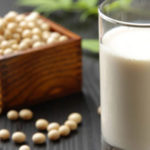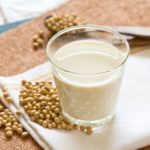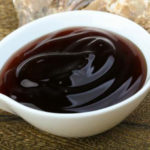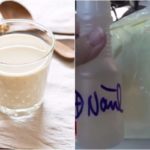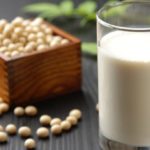Why Boiled Egg Yolks Turn Dark Green
Essentially, the cause is overcooking, which alters the egg’s components. Under the influence of heat, over time, hydrogen sulfide (H2S) from the egg white reacts with iron in the yolk, forming ferrous sulfide (FeS), which is dark greenish-blue. This is why the green hue only appears around the outer edge where the yolk meets the white.
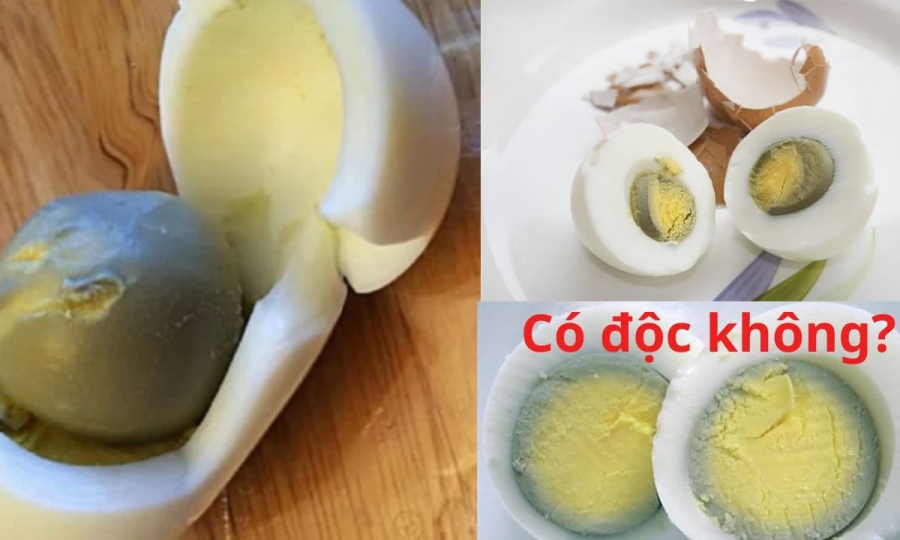
This greenish color poses no health risks nor affects the taste; it merely affects the aesthetic appearance.
To avoid the green ring around your hard-boiled yolk, simply don’t overcook your eggs. If you prefer the firmer texture of a more well-done egg, limit the cooking time to 11 minutes before removing from the heat.
For a medium-cooked egg, boil for only 9 minutes. For a soft-boiled egg with a runny yolk, 3 minutes is ideal. You can go up to 5 minutes for a semi-set yolk or 7 minutes for a set yolk that still retains a hint of pink in the center.
Important Considerations When Consuming Eggs
Avoid excessive daily egg consumption
Eggs are protein- and fat-rich, so consuming too many in a day can lead to nutrient overload, putting strain on your kidneys and compromising your health. Eggs also add calories; thus, if your activity level is low, this can result in weight gain and obesity.
Nutritionists recommend that individuals with sedentary lifestyles limit their egg intake to 1–2 per day. Those engaging in strenuous physical activity may consume 2–3 eggs daily. Pregnant women, the elderly, and those recovering from illness are permitted to eat 3–4 eggs per day, but it’s crucial to avoid overindulgence.
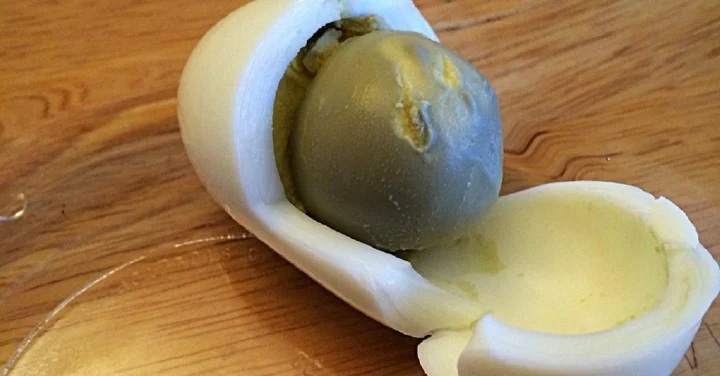
It’s advised to limit your consumption of boiled eggs.
Refrain from adding MSG or soy sauce to eggs
This is a common mistake made by many home cooks. To enhance the flavor of eggs, some even incorporate soy sauce or MSG. However, these two condiments, when cooked with eggs at high temperatures, produce substances that destroy the beneficial amino acids naturally present in eggs.
Additionally, soy sauce contains trypsin, which, when combined with egg white, diminishes the egg’s nutritional value. This can negatively impact your body’s absorption of essential nutrients. Therefore, a light sprinkle of table salt on eggs not only enhances the flavor but also preserves their nutritional integrity.
Avoid pairing eggs with soy milk
Many individuals make a habit of eating eggs and drinking soy milk together for breakfast. However, according to nutrition experts, eggs and soy milk should not be consumed concurrently. The reason is that soy milk contains trypsin, which, when combined with the protein in eggs, limits the body’s ability to absorb essential nutrients and increases fiber intake.
Distinguishing between Real Soy Milk and Chemical-Laden Milk
Consumers are concerned due to the increasing availability of soy milk blends made with unhealthy ingredients such as fatty powders and artificial flavors. Despite its cooling taste and health benefits, this development is posing a challenge to enjoying the health benefits of this popular beverage, especially during hot weather.
























